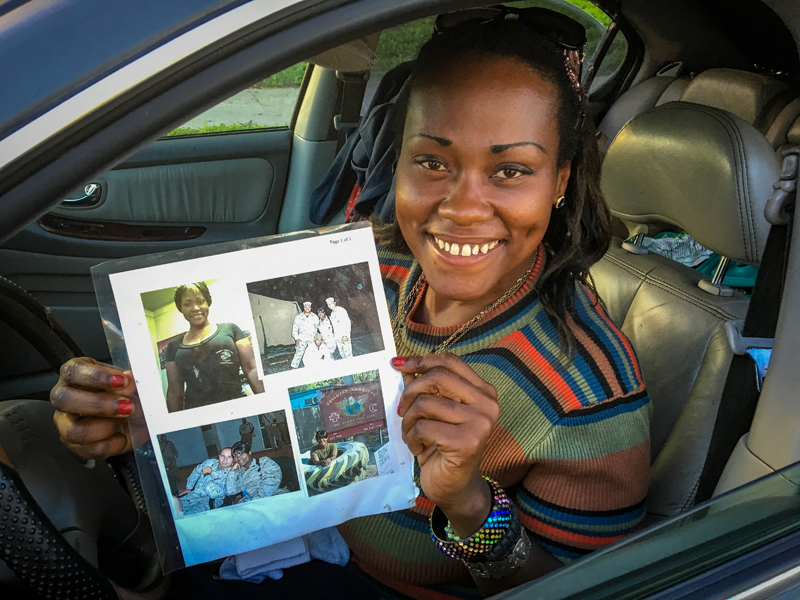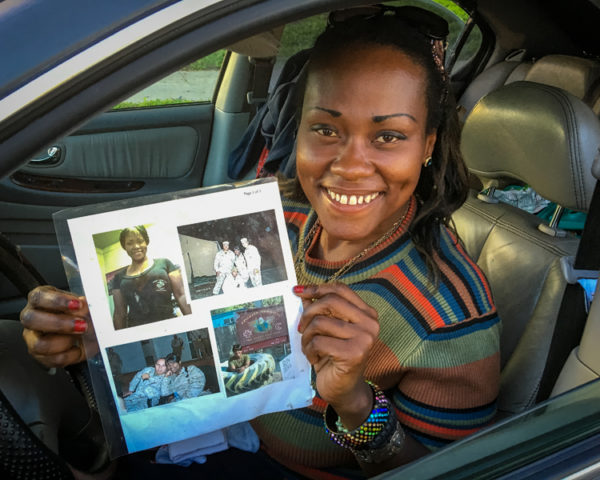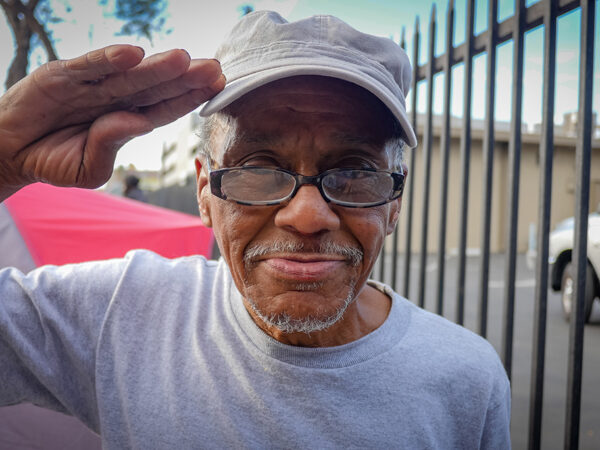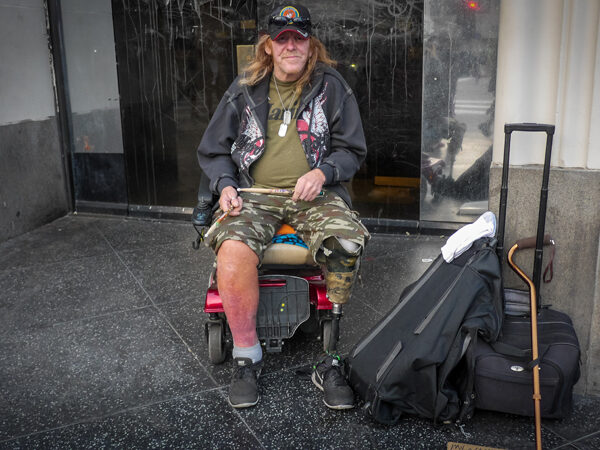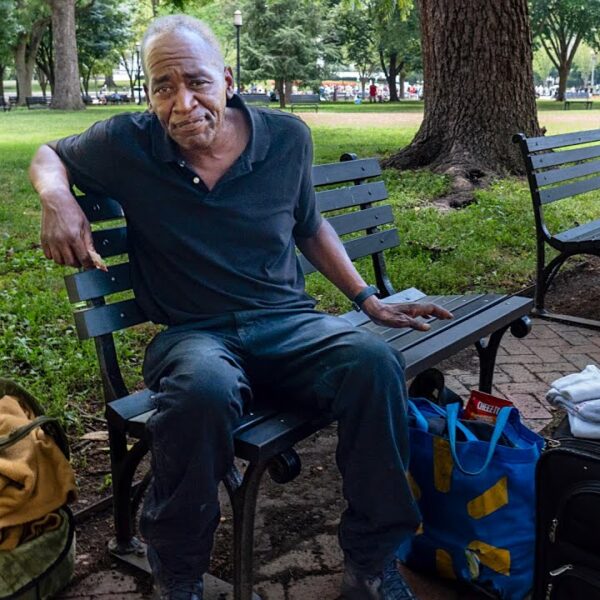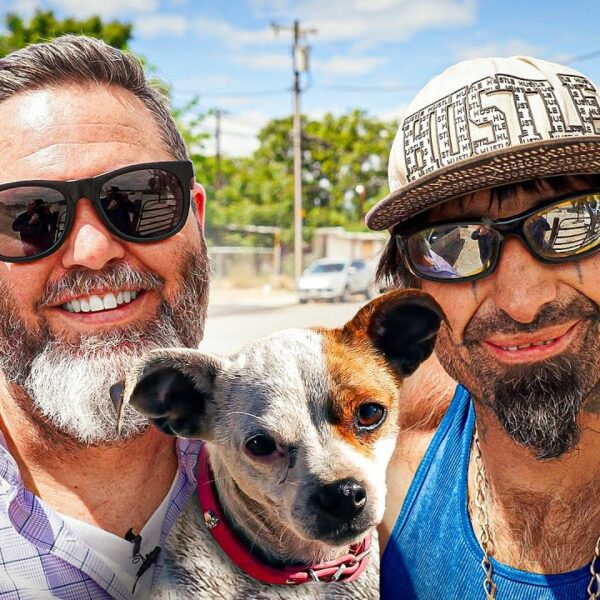Effects of Homelessness on Veterans
In general, to be without a home is a traumatic experience. Homelessness impacts one’s physical and mental health, employment, social support systems, and ability to be financially stable. Homeless veterans experience the same thing.
Traumatic experiences affect how and why veterans become homeless and their ability to exit homelessness. Some trauma is related to combat, but other traumatic experiences are also high among homeless veterans. For example, homeless female veterans are more likely to have experienced multiple sexual assaults while in the military than housed female veterans.
For all too many veterans, returning from military service means coping with symptoms of post-traumatic stress disorder (PTSD). Post-traumatic stress disorder, sometimes known as shell shock or combat stress, occurs after you experience severe trauma or a life-threatening event. It’s normal for your mind and body to be in shock after such an event, but this normal response becomes PTSD when your nervous system gets “stuck.”
Where Do Homeless Veterans Live?
The majority of homeless veterans live in the country’s urban centers (high population cities). In contrast, most veterans live in suburban or rural areas. This may be because cities have better access to services like shelters, health clinics, and soup kitchens. Access to resources is important for veterans experiencing homelessness.
Homeless veterans have significant physical and mental health needs impacting their ability to work and live healthy lives. According to the United States Interagency Council on Homelessness, in 2017, 55 percent of sheltered homeless veterans had a disability. According to the National Coalition for Homeless Veterans, half of homeless veterans have a serious mental illness, and 70 percent have a substance use disorder.
For female veterans, children are an especially big concern. There are few services that accept children or make accommodations for them. A study by the Government Accountability Office found that more than 60 percent of organizations that support veterans did not have sufficient resources to provide housing for the children of veterans. Organizations that did provide housing had major restrictions, including the number of children per veteran and age limit.
People who are homeless face increased risk of food insecurity, unemployment, medical problems, mental and emotional stress, social support disruption, and becoming victims of violent and non-violent crime. Veterans face the same issues and may experience exacerbated risks due to their experience in the military and time spent away from home.







